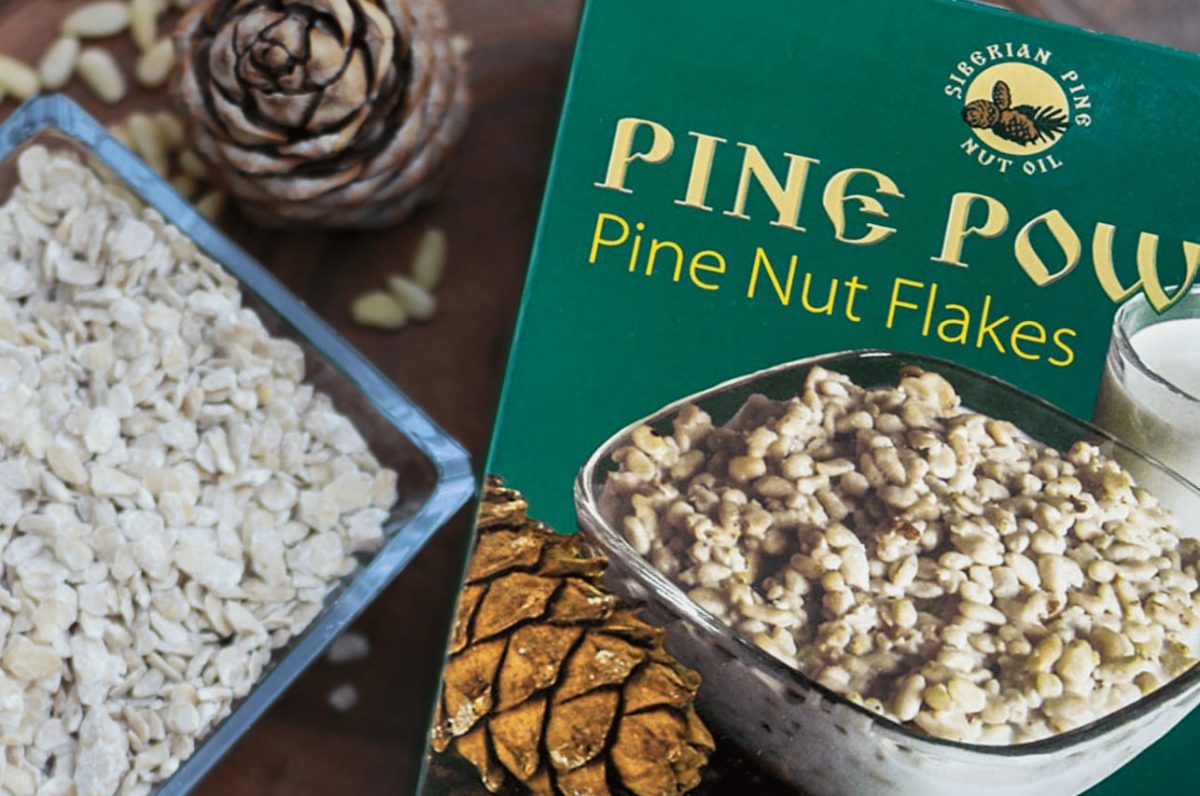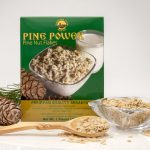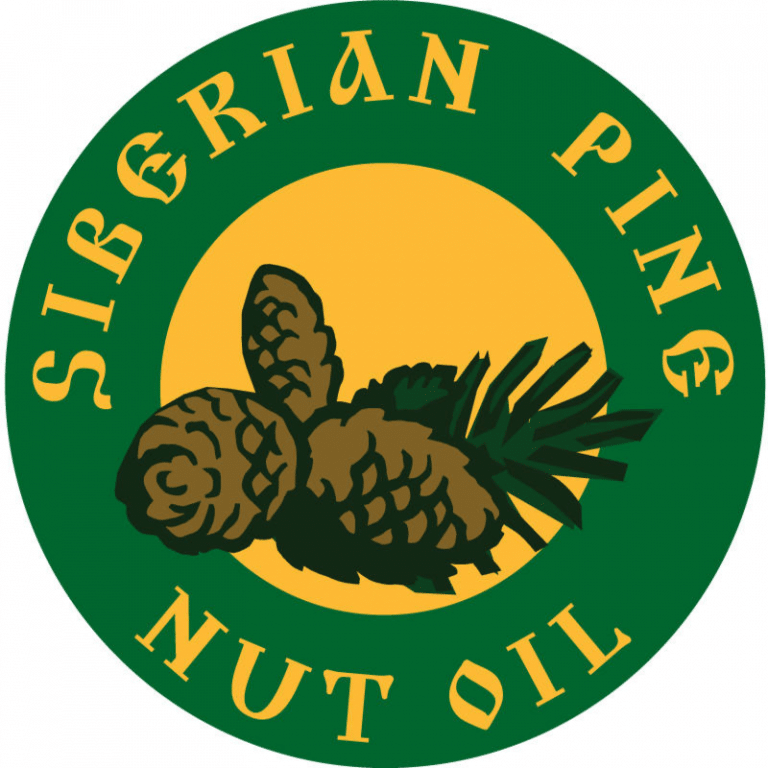Comparing the protein content of pine nut flakes and other products

When it comes to healthy eating and protein sources, the first foods we think of are meat, fish, cottage cheese or cheese. But there is a product that is not only not inferior to them in terms of protein content, but also surpasses many of them. We are talking about pine nut flakes – a real protein treasure that deserves your attention.

If you are looking for a protein-rich product that can compete with the usual meat and dairy products, then you should pay attention to pine nut flakes. The high concentration of protein makes pine nut flakes an ideal choice for those who want to increase their protein intake – the most important building material for the body
Pine nut flakes: the protein champion among familiar products
Let’s look at the numbers: 100 grams of pine nut flakes contains as much as 35 grams of protein. This is an impressive figure, which favourably distinguishes it from many other popular products.
For clarity, let’s compare: red caviar, which we often associate with delicacies and high protein content, contains about 31.5 grams of protein per 100 grams. Pine nut flakes is already a bit ahead of the curve here.
Peanuts, known for their nutritional content, boast about 26.3 grams of protein per 100 grams. Tuna, loved by many for its protein content, contains about 24.4 grams of protein per 100 grams[1]. Cheeses, depending on the type, offer between 23.1 and 26.3 grams of protein per 100 grams.
Why is pine nut flakes so valuable?
In addition to its impressive protein content, pine nut flakes is a real treasure trove of nutrients. It is rich in essential amino acids, which our body cannot synthesise on its own. Useful fats, including omega-3 and omega-6 fatty acids, which are essential for heart and brain health[2]. B vitamins, which are involved in energy metabolism and nervous system function. Minerals such as magnesium, zinc, iron and phosphorus.
Pine nut flakes is not just a source of protein, it is a complex product that can be a valuable addition to your diet, especially if you are looking to increase your protein intake or are looking for alternatives to familiar foods. It can be added to smoothies, porridge, baked goods, used as a salad sprinkle or simply consumed pure.
REFERENCES
[1] Bioactive Peptides Derived from Tuna: Screening, Extraction, Bioactivity, and Mechanism of Action. Jing-An Cheng et al.
[2] The Beneficial Effects of Pine Nuts and Its Major Fatty Acid, Pinolenic Acid, on Inflammation and Metabolic Perturbations in Inflammatory Disorders. Rabaa Takala et al.
These articles come directly from researchers and are passed on to everybody. siberianpinenutoil.org assumes no liability for any content in these articles. For Educational purposes only. This information has not been evaluated by the Food and Drug Administration. This information is not intended to diagnose, treat, cure, or prevent any disease.

